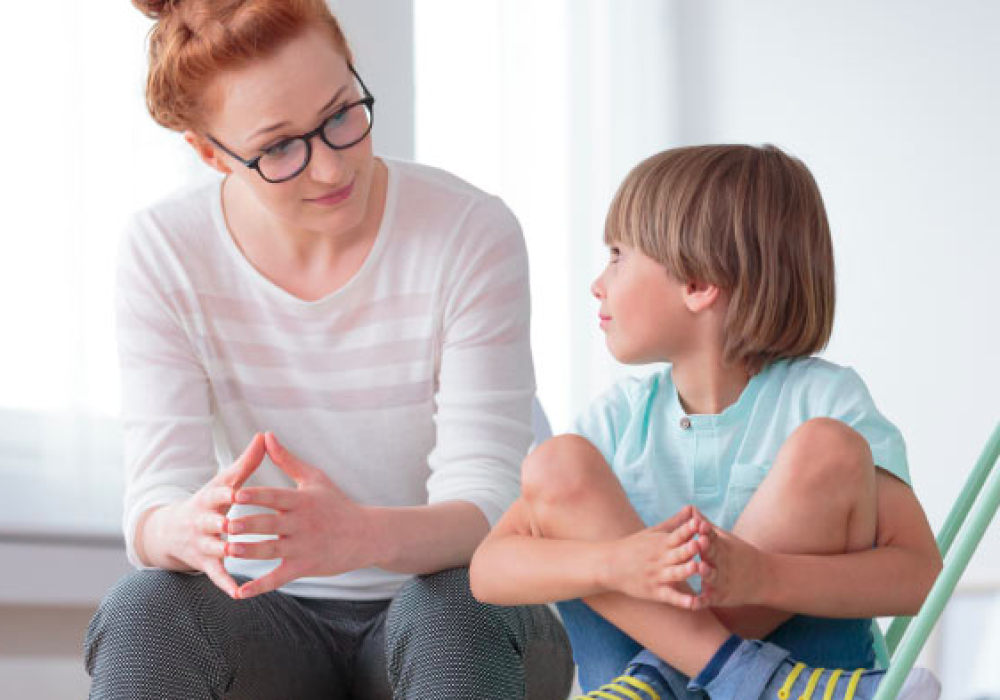News
Free Workbook for Bereaved Children

Therapy Partners are pleased to be able to share this free resource for bereaved children.
'Time4Me' is a FREE resource produced for bereaved children. 'Time4Me' is an interactive workbook to be used with children and an adult (family member, caregiver and / or therapist). It is designed to facilitate conversations around the death of a significant person in the child's life. The workbook is non-religious in its presentation, however the space exists for children to explore or reflect on their own conceptualisation of faith within their family context, if it is relevant to their understanding.
Willis Atherley-Bourne is Reg.MBACP. Snr.Accred., Registered social worker and member of the Middle Eastern Psychological Association (MEPA) based in Kuwait. His background is children's hospice work in the UK and, more recently, as Head of Family Support Services within the only Children's Hospice in the Middle East (BACCH).
'In these times of social distancing, proximity is now experienced through video call. 'Time4Me' remains relevant within the context of TeleHealth by using audio-visual functions on tablets, smart mobile devices, etc. The approach adopted by Willis has been to work with children using ‘Time4Me’ as the frame for the conversation, with the child having access to an electronic version on a smart phone or tablet. Each page is used as a prompt through the process and encourages a relationship-based encounter.
From a systemic perspective, if an adult or caregiver that is in regular contact with the child is also involved in the process then the person may act as an anchor for the child after the session has ended. So the child may continue conversations in a normalised manner. Equally, the adult may have their own levels of loss, especially within the COVID-19 period. They may experience elements of grief work by proxy through engaging with the child and the practitioner during the sessions. This offers healing space for the child but also invites resilience building in the adult through role modelling from the practitioner, ie the framing of words, containing the child’s emotions, etc.
Psychotherapeutic and psychosocial approaches to supporting children for Willis is primarily a relationship-based process. The use of gestures, pace and tone of voice all offer an enriched interaction that meets the child at their developmental stage. As like person-centred approaches, the practitioner is offering attentiveness underpinned with the core conditions acceptance, empathy and congruence, which transforms into a dynamic interaction that encourages the child to create their own grief narrative and meaning.'
